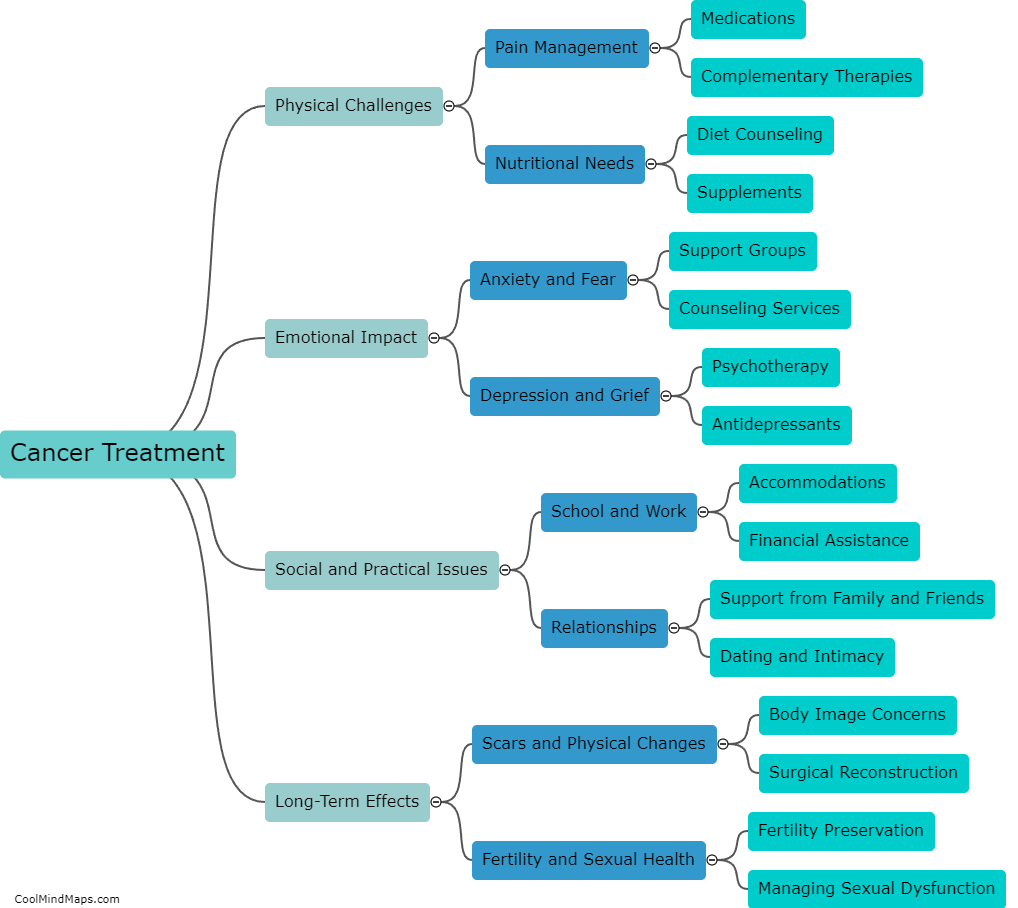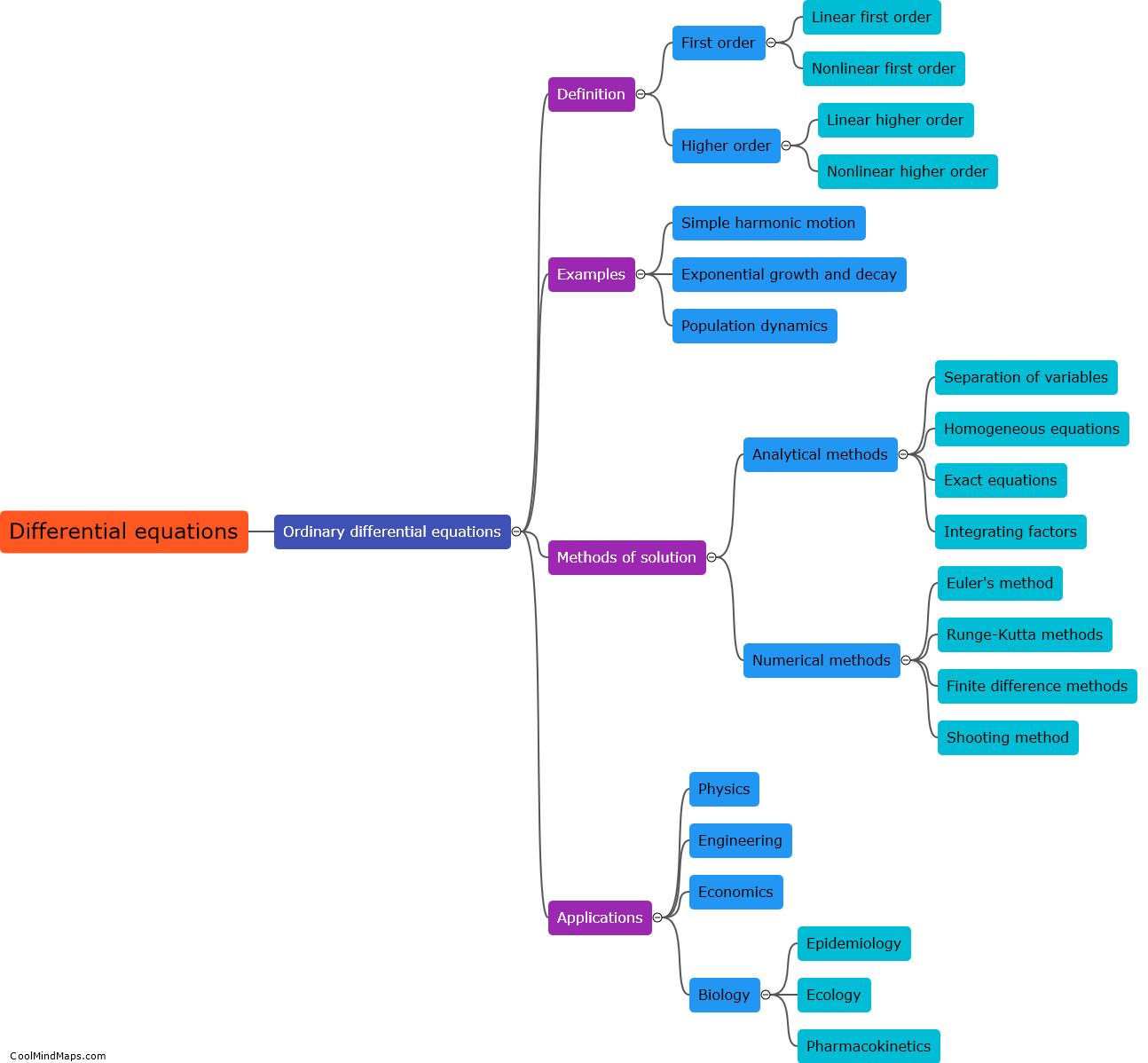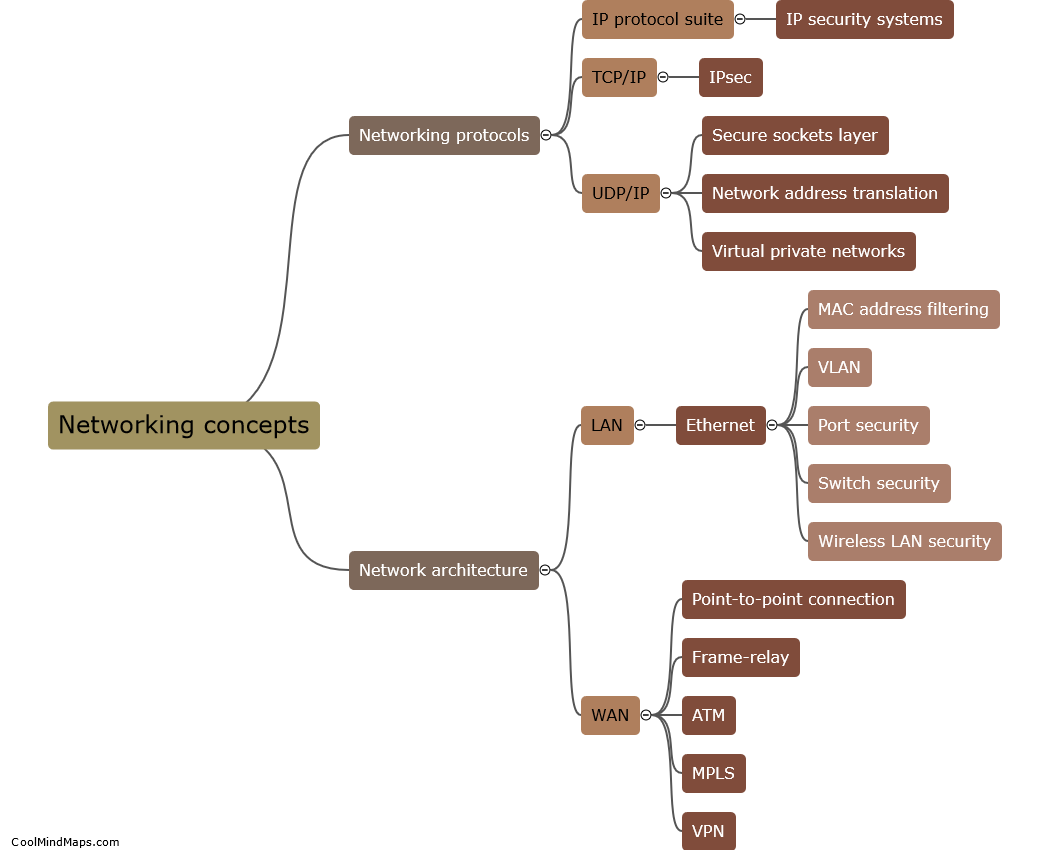What is the impact of TNFi on pDCs' capacity to produce IFNα?
TNFi, or Tumor Necrosis Factor inhibitors, are a class of drugs commonly used in the treatment of autoimmune diseases such as rheumatoid arthritis. These drugs work by inhibiting the action of TNF, a pro-inflammatory cytokine involved in the progression of these diseases. Recent research has shed light on the impact of TNFi on plasmacytoid dendritic cells (pDCs), a key player in the immune response. It has been found that TNFi has the potential to reduce pDCs' capacity to produce interferon-alpha (IFNα), which is a crucial immune signal in combating viral infections. This modulation of pDCs' IFNα production by TNFi could contribute to the reduced incidence of viral infections observed in patients undergoing TNFi therapy. However, further studies are required to understand the systemic consequences of this impact and its implications for patients.

This mind map was published on 13 July 2023 and has been viewed 278 times.











